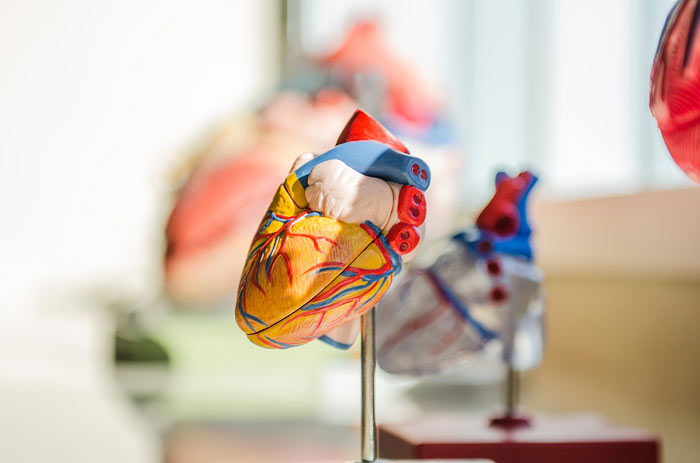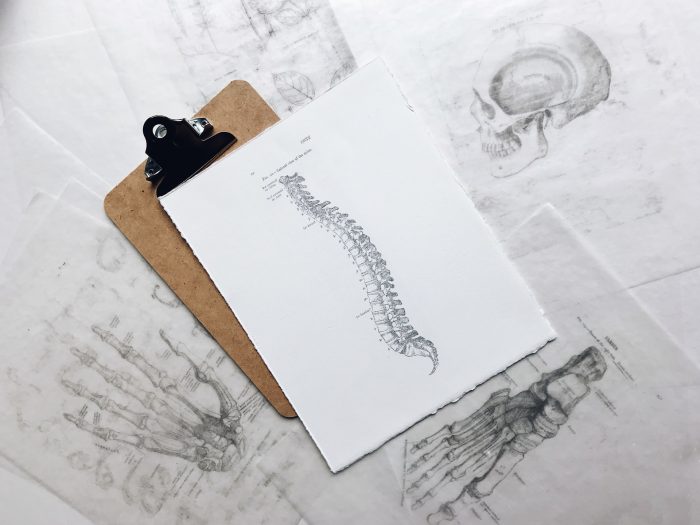The heart is one of the essential organs of the human body. Every day it pumps hundreds of liters of blood, but in addition to its primary role, we load it with bad ecology, improper diet, and unhealthy lifestyle. That is why city dwellers of any age quite often encounter pains in the chest area and take them for cardiac pains. And in most cases, they are mistaken. Which health problems may cause chest pain? Here are the most common causes for chest pain.

Intercostal neuralgia
Intercostal neuralgia can occur due to inflammation or displacement of the intervertebral nerves and usually becomes a source of serious health problems. There may be a partial loss of sensation of the affected area with neuralgia, and pain occurs impulsively or increases with exertion, coughing, or mobility. This is what makes the difference between heart pain and neuralgia: in the case of heart failure, the pain is often constant – it’s there and doesn’t go anywhere, whereas, with neuralgia, it comes and goes.
If you suddenly feel a sharp pain radiating into your sternum, change your posture, and it goes away (whether it lasts long or not), it’s definitely not a heart attack. Another difference between angina pectoris and neuralgia is that angina pains behind the sternum, and there is a characteristic crushing sensation. With neuralgia, the pain is sharp, stabbing, and mostly radiating to the left side. Remember: in case of a heart attack, the pain is localized not in the muscle area but deep behind it.
Intervertebral hernia
This disease is characterized by the displacement of the intervertebral disc away from its proper place. The more neglected the hernia, the worse the pain will be and the more heart-like. The bad news is that an intervertebral hernia is a serious matter and often requires a thorough course of treatment to restore normalcy to the back.

With a hernia, not only the sternum suffers: the mobility of the spine is sharply and severely limited, there is weakness, dizziness, headaches, insomnia, and blood vessels issues – both above and below the injured area.
Scoliosis, especially neglected, also gives pain syndrome, but it is difficult to confuse it with heart pain because spine problems are pronounced. But the good part is that the more advanced a case of a herniated disc is, the easier it is to distinguish it from angina.
Osteochondrosis
This is not a story about vertebrae falling out of place, but about their destruction and erosion of the intervertebral discs. Injuries, improper weight lifting, body disorders, and other negative things may lead to osteochondrosis. It is also called a chameleon disease because of its ability to “disguise” angina, cholecystitis, and even appendicitis. Osteochondrosis often causes pains similar to the symptoms of neighboring organs pathologies, so to understand the pain, you need to do an MRI and take tests.
Inflammation of the soft and nerve endings in the back

Persistent pain in the chest and back, characteristic of inflammation of different origins, can be distinguished from a heart attack by measuring blood pressure. Until the specific source of the pain is identified, pay attention to your general condition and your appearance. In a heart attack, the skin turns dramatically pale, and the blood pressure drops, which can easily be traced by feeling the pulse. Even with the most severe pain, the pulse will remain relatively even, and the skin will retain its natural hue if the condition is caused by inflammation.
Whatever condition caused heart-pain-like symptoms, it is worth treating, and just as urgently, as if it were related to the heart. Whatever its source, any pain signals that there is a disorder in your body and should be dealt with as soon as possible. This article isn’t meant for self-diagnosis but only for informational purposes. To exclude severe disease, talk to your doctor.










